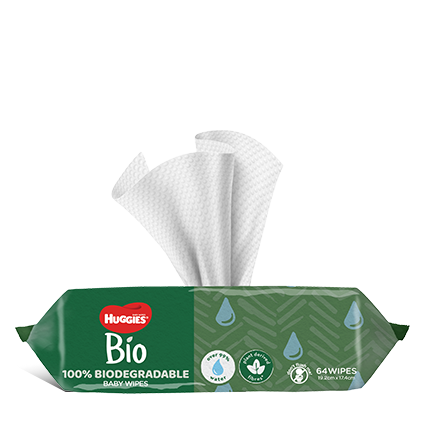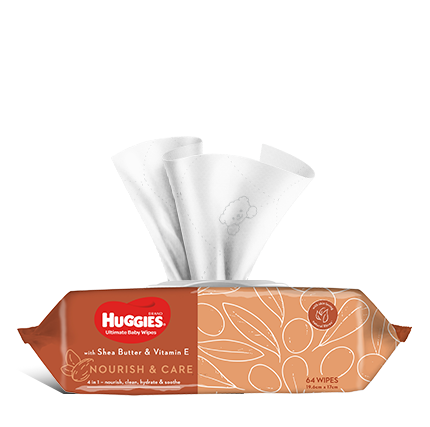“I guess I’m kind of silly,” the mother of a six-week-old said sheepishly. “I know she can’t understand a word I say, but I can’t help talking to her anyway.” It’s true that very young babies don’t understand words, but that doesn’t mean it’s silly to talk to them. Way before they know what you’re saying, babies are fascinated by the sound of your voice. Here are 3 simple ways you can start the foundation for good communication skills:
Three simple ways to engage your newborn
1. Go ahead, talk it up!
Chatting to your newborn teaches what is really important about social communication. It shows that what counts more than the actual words is the message: I love you. You are important to me.
Research has shown that newborns are more sensitive to higher-pitched voices?perhaps because the baby has heard the mother’s voice for months already while growing in the womb. In any case, talking to your baby will help the baby learn to associate your voice with your face. It also establishes the basis for later language development.
So go ahead. Tell your baby about the weather, the book you are reading, what you’re having for lunch, the names of toys or whatever. You’ll be laying the foundation for good communication skills. And you can never begin too early on that!
2. Listen and respond
By the time babies are a month or two old, they often begin to make some sounds of their own. These won’t be the cooing and babbling of later babyhood, but they won’t be just crying either. A baby may say “ah” or “eh” or just make noises with the tongue. As primitive as these noises are, they are the first steps toward language. Adults can respond by imitating these little noises. The newborn occasionally repeats the sound, and before you know it, you have a little “conversation” going! This is a fascinating game for your baby, one that will encourage communication with you.
When babies get too tired, too hungry or too restless to socialise any longer, they “say” so by crying or tuning out efforts to engage them. Be sensitive to such signals, and you’ll soon learn your baby’s own personal style.
3. Anytime is the right time
If you feel you have to reserve talking and playing for “special times,” you may be missing lots of chances to communicate with your baby. The best time for a chat is when babies are awake and alert, and that’s usually when they’re being bathed, changed or dressed. These are not just chores to get out of the way; they’re perfect occasions for socialising.
As your baby lies there looking up at you, you can talk softly, tickle baby’s tummy very gently or just lean over and coo. Some parents keep colourful toys nearby to show to their babies as they change or dress them.
For more information see Newborn development or Baby Care.
Last Published* May, 2024
*Please note that the published date may not be the same as the date that the content was created and that information above may have changed since.


















